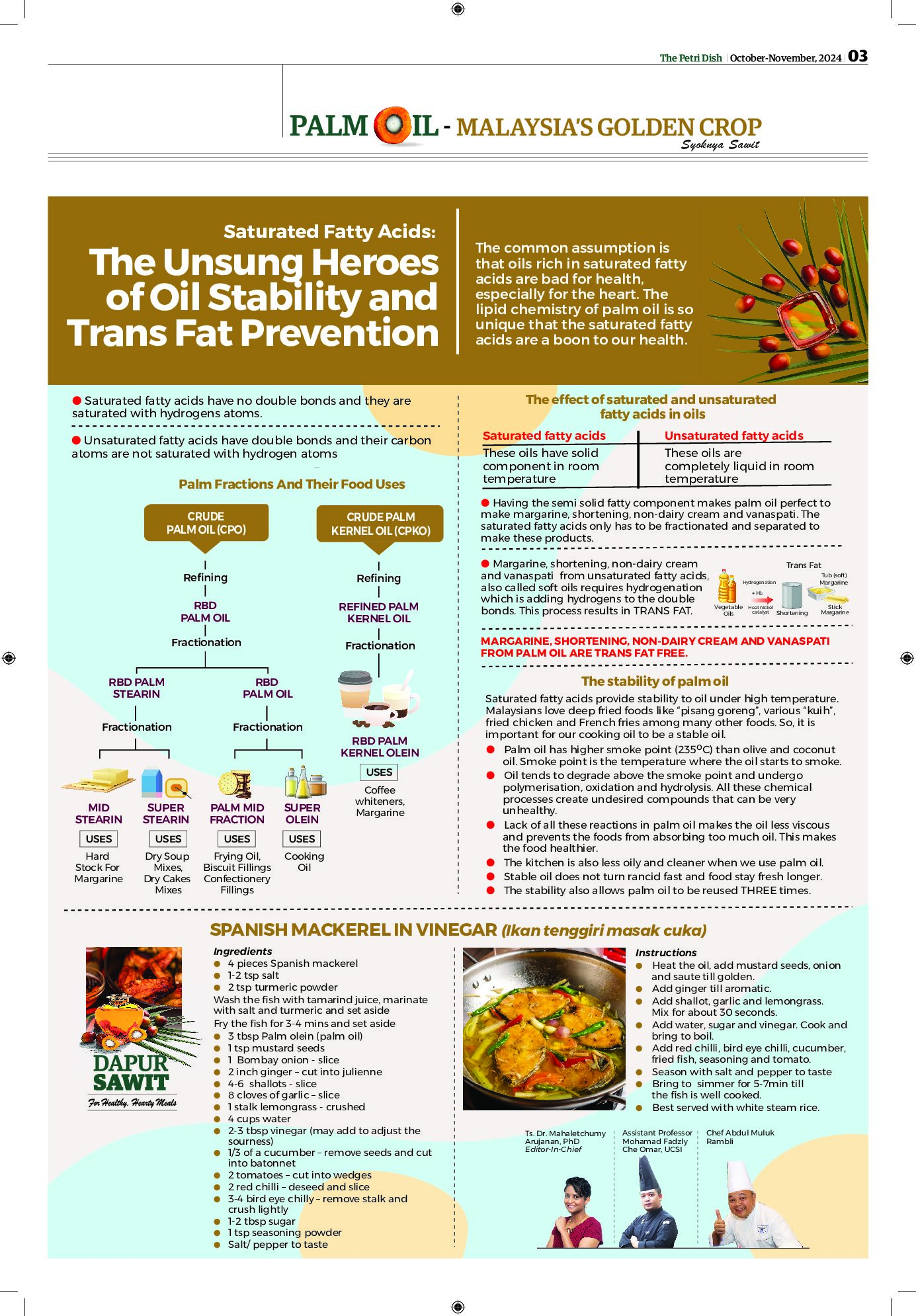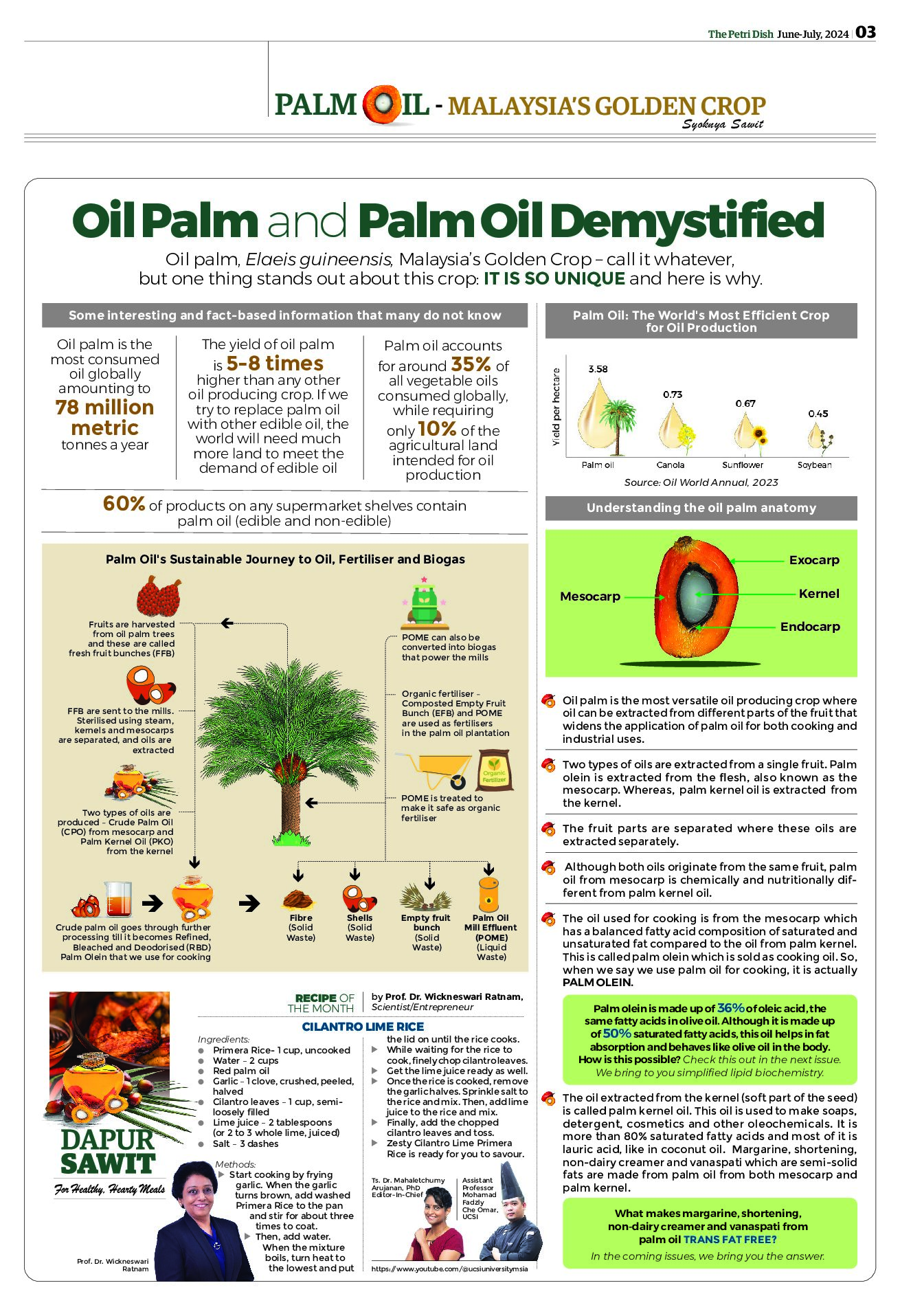The 2018 Nobel Prize Laureates for Medicine, Prof Tasuku Honjo at the University of Kyoto and Prof James Allison at Texas MD Anderson Cancer Centre were recognised for their contribution in using antibodies to unlock our immune system’s hidden potential. Their work has led to the development of “Checkpoint Inhibitor Therapies”. With accurate understanding of how our immune system works and contrary to how it does not work, scientists are working along these lines to stop cancer on its tracks. The Petri Dish (PD), guest writer, SHAWN KENG interviewed Universiti Sains Malaysia’s Dr Leow Chiuan Herng (CH), Dr Leow Chiuan Yee (CY) and Tessa Therapeutics’s Dr Sven Petersen (SP) from Singapore – to explain what cancer immunotherapies are, and its game-changing potential in cancer treatment.
PD: What were your thoughts and feelings when you heard the news?
CY: I was so excited when I heard the news that 2018 Nobel Prize in Medicine goes to Allison and Honjo. Both of them have made a significant breakthrough on cancer immunotherapy through the discovery of immune checkpoint inhibitors in 1990s. Prior to this, chemotherapy and radiotherapy are considered the two main treatments to fight cancers. Though two of these treatments do provide patients a hope to recover from cancerous tumours, they both could potentially harm cancer cells and healthy cells at the same time which lead to serious side effects.
CH: I guess the feeling is best described through an article I read. A family member of a final stage skin cancer patient was overwhelmed and in tears when she met Prof Allison on a plane. Prof Allison was the first scientist to develop Ipilimumab (Yervoy), an anti-cancer drug to treat melanoma (a type of skin cancer), lung cancer, bladder cancer and prostate cancer. I could imagine how this discovery of checkpoint inhibitors PD-1 and CTLA-1 on T-cells (our body’s killer cells) will be trumpeting good news for more targeted anti-cancer drugs in the coming years.
SP: Obviously excited! Cancer immunotherapy has been a rather new research field, compared to surgery, chemo- and radiotherapy. So, it is not surprising to receive some level of scepticism when it all started, about its effectiveness to combat cancer. This is a global recognition by the Nobel Prize Committee. For the past two decades, cancer patients have been more open and receptive to cancer immunotherapy, after chemo- and radiotherapy could not offer the cure.
PD: Could you explain to the readers about cancer immunotherapy or checkpoint inhibitor therapies in one or two simple sentences?
CY: CTLA-4 and PD-1 are checkpoint proteins found on the surface of immune cells called T cells. It normally acts as a type of “off switch” that helps keep the T cells from attacking other cells in the body. In term of pathways, they are having different roles in an immune response. CTLA-4 is thought to regulate T-cell proliferation early in an immune response, primarily in lymph nodes, whereas PD-1 suppresses T cells later in an immune response, primarily in peripheral tissues. Inhibition of these pathways has resulted in increased activation of the immune system that led our immune system recognises, targets, and eliminates cancer cells.
CH: Theoretically, cancer cells should normally be spotted by T-cells – immune cells that recognise and destroy foreign material in the body. However, cancer cells can always find ways to camouflage themselves by presenting large amount ofligands on their surface for example PD-L1. When PD-1 of T-cells binds to PD-L1, it stops T cells to recognise cancer cells from normal tissue. Immune checkpoint inhibitors are biological drugs designed to target either PD-1 or CTLA-4 which acts as an “off switch” by stopping the above binding. Having this inhibition, it will activate T cells to attack and kill the cancer cells effectively.
SP: The traditional pillars of cancer therapies are surgery, chemotherapy and radiotherapy. Think of cancer immunotherapy as the fourth pillar. Science understands enough about the sophisticated mechanism of our immune system to use it not only to fight pathogens, but also cancer cells. We are now trying to re-educate the immune system to recognise and fight the cancer cells. That is basically what we are doing here (at Tessa Therapeutics).

PD: What comes next for top researchers in your field, after this Nobel Prize?
CH: I think they may expand the current clinical trials to more regions of the world. Although these immunotherapy drugs, including Keytruda, Yervoy and Opdivo have demonstrated efficacy against final stage cancer patients, side effects are unexpected in selected individuals. Furthermore, current drugs are effective on tumours which contain checkpoint receptor PD-1. It will be a continuous search to target for alternative immune checkpoints as treatment with minimal side effects.
CY: Given that blocking of PD-1 on lymphocytes (white blood cells) has been widely known as an efficient treatment against metastatic melanoma, many groups of researchers also have been harnessing the potential of immune checkpoint blockade as a new approach to control and treat some cellular-based diseases. For instance, several top cancer research groups in Singapore and Australia have been trying to treat a variety of cancers including solid tumours using the combination monoclonal antibodies to target on different immune checkpoint receptors on dendritic cells and T-cells (other cells in the immune system).
SP: After immune checkpoint inhibitors, I believe that one of the next incredibly exciting fields is going to be cell therapy. Tessa Therapeutics is focusing on cell therapy to strengthen the patient’s immune system. We extract peripheral blood immune T cells from the patient, modify them in vitro, expand them massively and infuse the re-educated immune cells back to the patient and fight the cancer. The company is currently conducting the world’s largest cancer T cell therapy trial. We are seeing particularly encouraging results employing Virus-Specific T cells (VSTs) in the fight against cancer. VSTs show an excellent safety profile compared to other cell therapies and are uniquely successful in the treatment of solid tumors.

PD: What challenges are faced by your research team? How did your team overcome them?
CY: Research funding is the most challenging matter so far encountered by most of the researchers in Malaysia. To overcome this limitation, we have attempted and have successfully built up some research collaboration with some top research groups either at national or international levels.
CH: I think the biggest challenge for every researcher now is limited funding. To minimise the cost, we always look for alternative methods which can replace the utilisation of sophisticated instrument.
SP: One of the biggest challenges in immunotherapy is about finding the right balance between cancer-fighting ability of the immune system, and not harming the patient’s healthy cells at the same time. This is sort of the similar challenge faced by chemotherapy, radiotherapy or any other modern therapies for cancer. In an event where our immune system goes off balance, it causes autoimmune response symptoms whereby your own immune cells are killing you inside. In cancer immunotherapy, we have to avoid this from happening. Hence, we have to strengthen the immune system in a proper and accurate manner.
PD: If resources are not limited, what would you do to push your research frontier further?
CY: I hope to improve our current biologics discovery by setting up advanced computational analysis methods. Such analytical findings will then be able to be assessed, in multiple types of gene knocked-out animal models before Phase 1 clinical trial. Hence, this saves time and resources during pre-clinical testing.
CH: I will carry out more research which contributes to clinical trials of immunotherapy for therapeutic applications. I hope to work with more great scientists in Malaysia, and together produce new biological drugs that are authentically “Made in Malaysia”.
PD: Any concluding remarks?
CY: Drug or antibiotics resistance has turned out to be a biosecurity issue affecting poultry and human health globally. The best approach to improve the productivity in poultry industry and prolong human health can be potentially achieved by empowering our own immune system to fight off diseases. All this has inspired me to continue my research of interest within the area of vaccine development and immunotherapy for certain type of local diseases.
CH: Immune system is important for everyone. I would hope this tremendous discovery can provide full recovery to every cancer patient. Right now, cancer patients could be optimistic as technology in medication keeps advancing and improving.
SP: Cancer immunotherapy has already impacted many lives globally, including saving cancer patients who were thought to be terminal. It now holds the exciting promise of being used as an effective treatment for major types of cancer. As a scientist in a leading cancer immunotherapy company, I’m honoured to be a member of a community that’s working hard every day to contribute to the scientific understanding of how immunology works and ultimately, to help improve cancer patients’ longevity and quality of life.
SHAWN KENG works in Group Marketing & Communications at Malaysian Genomics Resource Centre, and serves as Co-chair for Science Communication in Young Scientist Network, Academy of Sciences Malaysia (YSN-ASM). He also serves as Industry Adjunct at INTI University.










